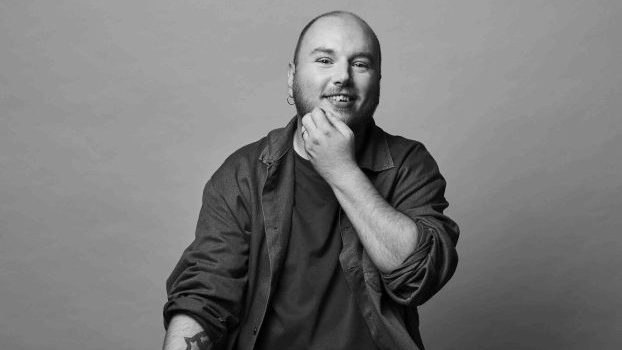WPP’s quarterly earnings provided a detailed picture of exactly how much of an impact the onset of the COVID-19 pandemic had on its business.
In Q1, the holding company’s organic revenue dropped by 3.3% year-over-year, with a 7.9% drop in March alone. Mark Read, CEO of WPP, said in a statement that the holding company had seen growth in its markets outside of China prior to March.
The holding company also gave its results by region, breaking out the impact during the first month of the global pandemic. In North America, its largest region, organic revenue was down by 1.9% for the quarter; down by 3.6% in March alone. In the U.K., there was a 4.2% decline for the quarter, due to a 9.8% decline in March.
Results in China – where the pandemic had a significant impact throughout the quarter – give a picture as to where WPP’s business could be headed in the months ahead: there was a 21.3% decline in organic revenue in Q1, with a 29.9% decline in March. In Italy, organic revenue was down by 16.2% in Q1, with a 23.7% decline in March.
WPP described 24% of its top 200 clients as being “significantly impacted” by the pandemic, particularly those in the automotive, luxury, travel and leisure categories. It has seen a “balanced response” from 22% of its top clients – which are in the telco, media, retail and finance sectors – and deemed 54% as being “more resilient” to the impacts of the pandemic – representing those in the CPG, tech and health sectors.
Still, the company says it has developed plans for a “range of economic scenarios” in the months ahead, including managing its own costs to compensate for a reduction in client spending across sectors. So far, over 3,000 staff have taken cuts to salary, with freezes on hiring, delays to pay raises and stopping discretionary expenses. It has also had some reduction in headcount, though did not quantify the reductions or specify which agencies and departments were impacted. The company estimates its cost cuts so far will save it between £700 and 800 million within this year.
Looking forward, WPP says it will consider further reductions to working hours, salary and headcounts to save costs, though it also has an “internal jobs market” that could see talent shifted to a WPP agency with a higher workload. Read also singled out how “responding quickly” and “working faster” can help clients adapt to their new needs, primarily when it comes to embracing digital channels.
“We have witnessed a decade’s innovation in a few short weeks, with the way people meet, shop, work and learn increasingly reliant on technology,” Read said.
WPP laid out exactly how it has helped clients shift activities and media to channels that provide higher ROI while consumers are at home. The biggest shift has been to digital channels to drive sales, though that has been tempered by major declines in digital among clients in sectors most impacted by the pandemic. National TV has been relatively stable, with the company saying it is simply harder to shift, as have earned and paid social. Other TV buys, along with radio, have seen a slight decline, though the company says it has seen big shifts away from newspapers, magazines, cinema and out-of-home. It also claims production work has been ongoing by relying on CGI, animation and stock.
WPP also singled out some of its major wins in the quarter, including the global creative account for Intel and Grey’s North American win of credit card company Discover. On the media side, Wavemaker won the global account for pharma company Novo Nordisk, with Mediacom picking up global duties for Hasbro.
























